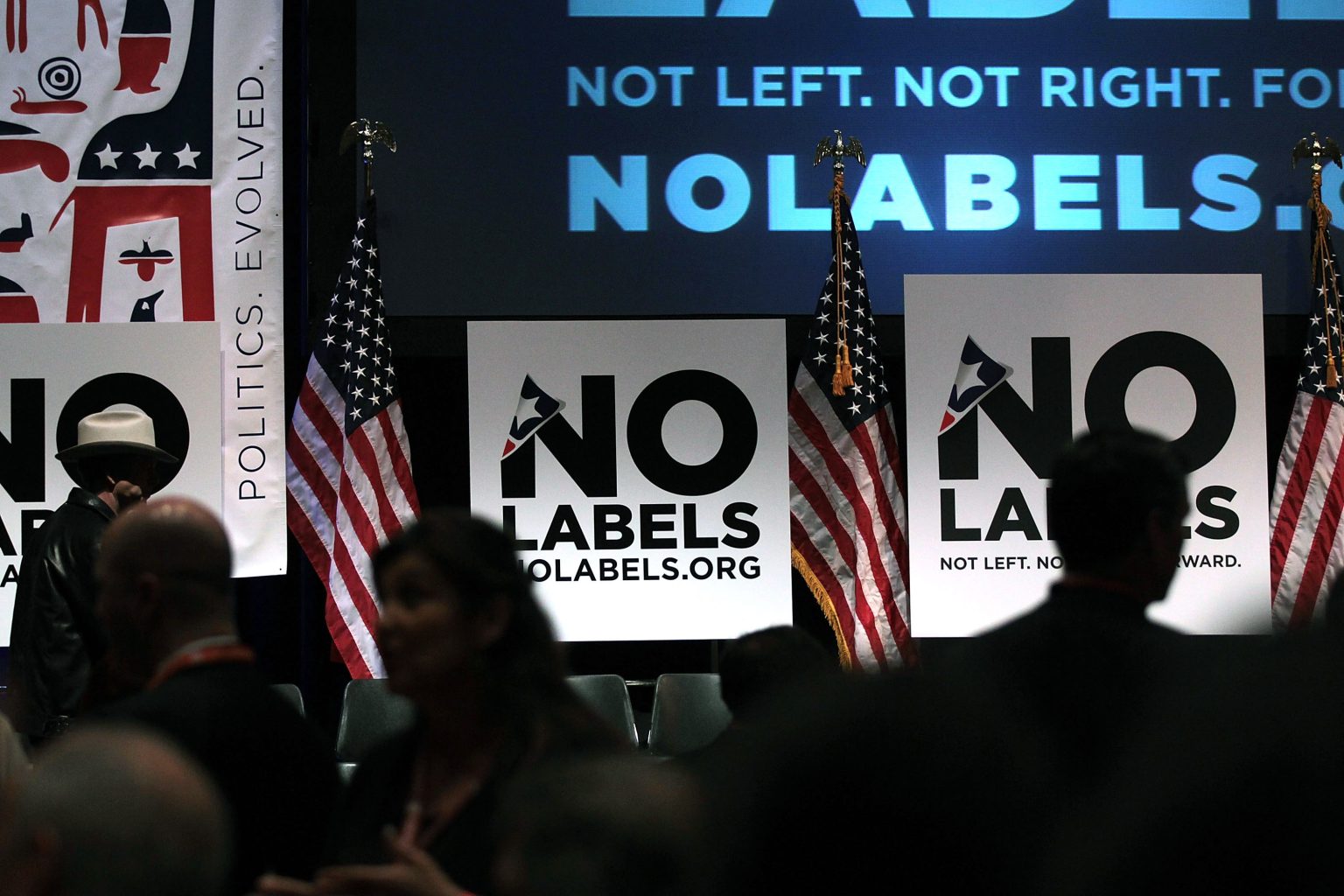Joe Cunningham, the director of bipartisan political organization No Labels, revealed his intention to vote for President Joe Biden in the upcoming election over former President Donald Trump, despite being asked about a potential third-party candidate. No Labels had previously decided to abandon their efforts to run a third-party candidate in the 2024 presidential election after failing to identify candidates with a credible path to winning the White House. This decision came after the death of the group’s founding chairman, Joe Lieberman, who had indicated that a No Labels presidential ticket would be announced shortly before his passing. Lieberman, a former Democratic vice presidential candidate, had expressed a preference for Biden over Trump and emphasized the need to avoid inadvertently helping to reelect Trump.
Stefanie Spear, a campaign press secretary for independent candidate Robert F. Kennedy Jr., criticized No Labels’ decision to abandon their 2024 plans, suggesting that voters are more interested in insurgent populist candidacies like Kennedy’s than in establishment middle candidates. Spear highlighted the success of the Kennedy campaign as evidence that Americans are ready for a third choice in elections and criticized what she referred to as the corrupt two-party duopoly in American democracy. Cunningham, who had previously run for governor in South Carolina as a Democrat and later joined No Labels, admitted that the group’s search for a bipartisan hero had failed to yield a candidate with a straightforward path to victory. Despite this setback, No Labels expressed its commitment to remain engaged throughout the 2024 election season and voiced concerns about the division and strife gripping the country.
Lieberman’s preference for Biden over Trump, as well as his caution regarding the potential impact of running a third-party ticket on inadvertently helping to reelect Trump, reflected a sentiment shared by a majority of people in No Labels, including the leadership. Lieberman’s concerns were influenced by the historical context of the 2000 presidential election, where the third-party candidacy of Ralph Nader was seen as a key factor in the loss experienced by Lieberman and former Vice President Al Gore, ultimately resulting in George W. Bush winning the election. Lieberman’s cautionary approach to interpreting data and avoiding unintended consequences in elections was driven by a desire to prevent a similar scenario from occurring in the future. No Labels emphasized the need for careful evaluation and strategic decision-making to avoid contributing to outcomes that could potentially harm the country’s political landscape.
The decision of No Labels to endorse Biden over Trump in the upcoming election reflected their assessment of the current political climate and the priorities of their organization. Despite facing challenges in identifying a viable third-party candidate, the group remained committed to staying engaged in the political process and addressing the growing concerns of division and strife in the country. The critical point reached after the election was a key consideration for No Labels, as they recognized the importance of promoting unity and bipartisanship in a time of political turbulence. By prioritizing the principles of their organization and navigating the complexities of the political landscape, No Labels sought to contribute to the advancement of a more inclusive and collaborative approach to governance.


